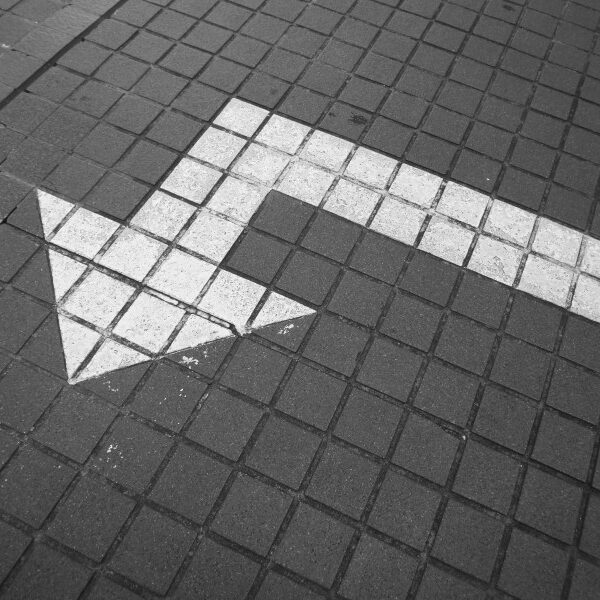
But that’s only making our anxiety worse, here’s why.
Avoidance and anxiety are almost synonymous. It makes sense when we remember that anxiety is our brain and body’s response in anticipation of a threat. It’s natural to withdraw from the threat and retreat to safety. And, of course, this is what I want every single person to do when there’s a genuine risk to their safety. Except, most of what makes us feel anxious these days isn’t dangerous at all. It might be an invitation to Friday night drinks, the number of unread emails in our inbox, juggling work and home commitments or feeling anxious about a promotion opportunity or a job interview.
When we retreat or withdraw, or decline an opportunity in response to feeling anxious we feel immediate relief. Of course we do. The ‘threat’ is no longer a part of our mental and emotional landscape. But, that early relief gives way to greater anxiety the next time we are presented with a similar invitation, challenge or opportunity. This is because last time this opportunity popped up, we avoided it, reinforcing the idea that it must have been dangerous. This elevated anxiety is more challenging to overcome and the cycle can continue ad infinitum. We’re seeing this among young people with sky high rates of school refusal (school can’t).
The first powerful step towards change
Many of the skills that make a meaningful difference to overcoming avoidance stem from becoming more aware of what anxiety feels like for you in your body and how it affects your thinking.
Trust me when I tell you I understand what it feels like, but when we’re open to experiencing the sensations that come with anxiety, we learn how it shows for us and what the signs are that give us a heads up that our anxiety is rising.
Discomfort, we don’t have to like it but we need this first powerful step towards change
This isn’t new, we know that discomfort can be a powerful force in our lives and we understand from a cognitive sense that it’s necessary for growth. But what’s especially challenging, is sitting in the discomfort of how we feel. Many of us were not raised to experience our feelings, and some of us saw the adults in our lives avoiding theirs. I wonder, when was the last time you felt sad, excluded, embarrassed, guilty or anxious and were able to notice how you felt, name it and sit compassionately with yourself through it? We don’t like feeling that way. We want to feel ‘good’. But when we don’t allow ourselves to experience our emotions, to feel them, they can’t move through us.
Noticing and naming how we feel can reduce the distress of that emotion by up to 50%. And you’ll find, as I have time and again, that when you say to yourself ‘I’m feeling disappointed and that’s okay’, and then allow yourself to sit with it, the emotion moves on in the very same way our most treasured and beautiful feelings of joy have moved on too.
Ask yourself these three questions
1. How do you normally respond when a situation or opportunity makes you feel anxious?
Is it saying no thank you? Is it seeking reassurance from someone who cares about you? Is it drinking alcohol or overeating?
2. What are you missing out on?
Pause for just a moment and reflect on what you may have said no to when you really wanted to say yes. This might bring up feelings of disappointment or regret; that’s okay. Those feelings help us understand what’s important to us.
3. What can you say yes to next time?
If you can notice your anxiety rising, understand how it makes you feel physically and recognise that avoidance is part of the picture, you’re in a powerful position to say yes next time, when you otherwise may have said no.
If you’d like to learn more by listening to the podcast episode this article is based on, you can link to it on your favourite podcasting platform here.


about
Jodi is on a mission to elevate mental health and wellbeing in families, classrooms and workplaces.


free 5-day
Calm your anxious brain
mini course

Recent Posts

free 5-day
Calm your anxious brain
mini course
Sign up for my free 5-day ‘Calm Your Anxious Brain’ email mini-course. Put the strategies into place for yourself, light the way for your kids, or do both.






